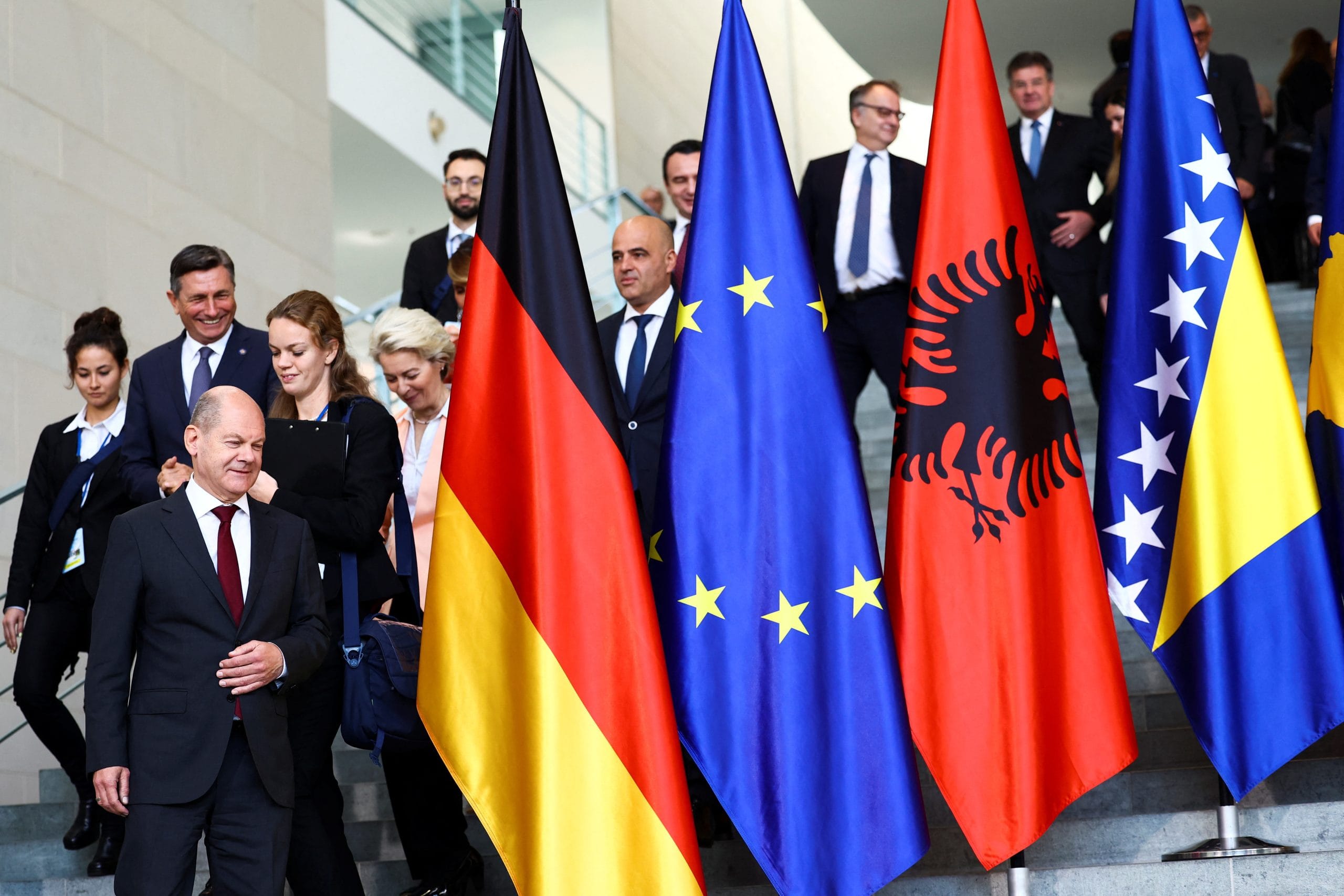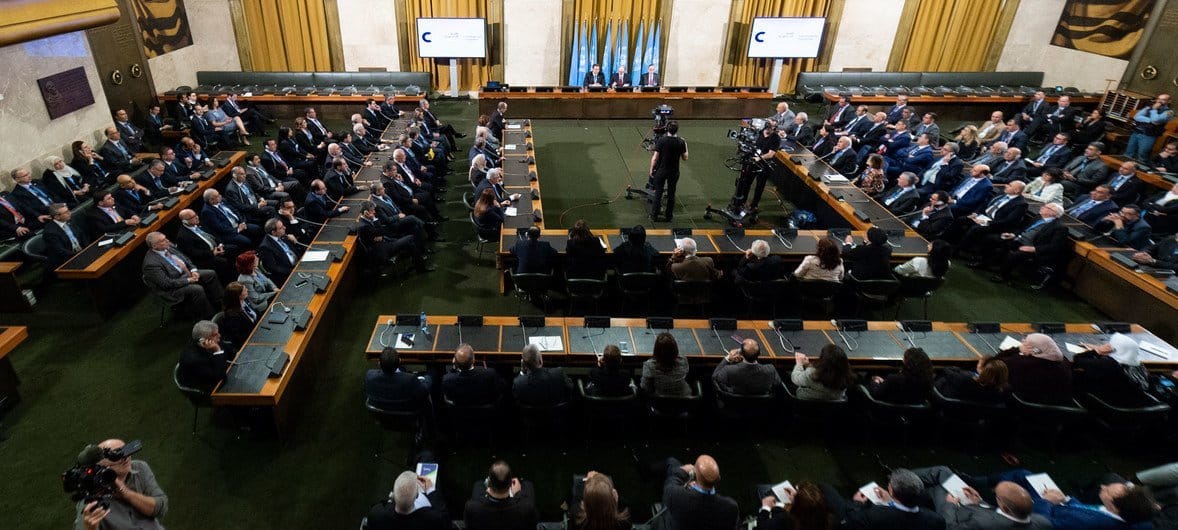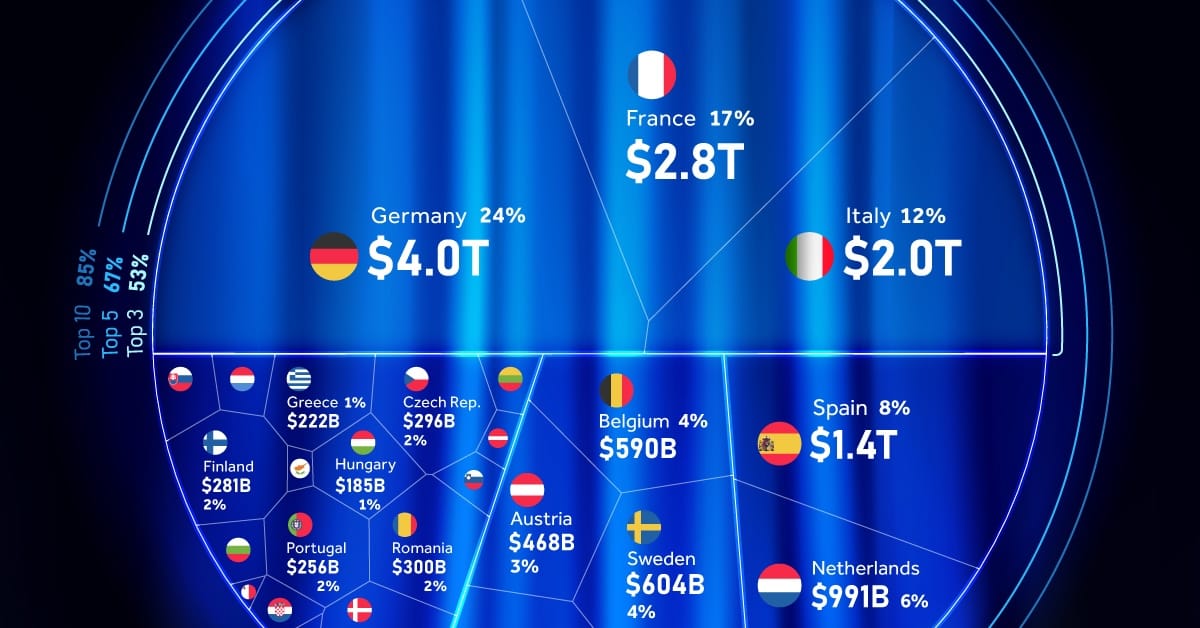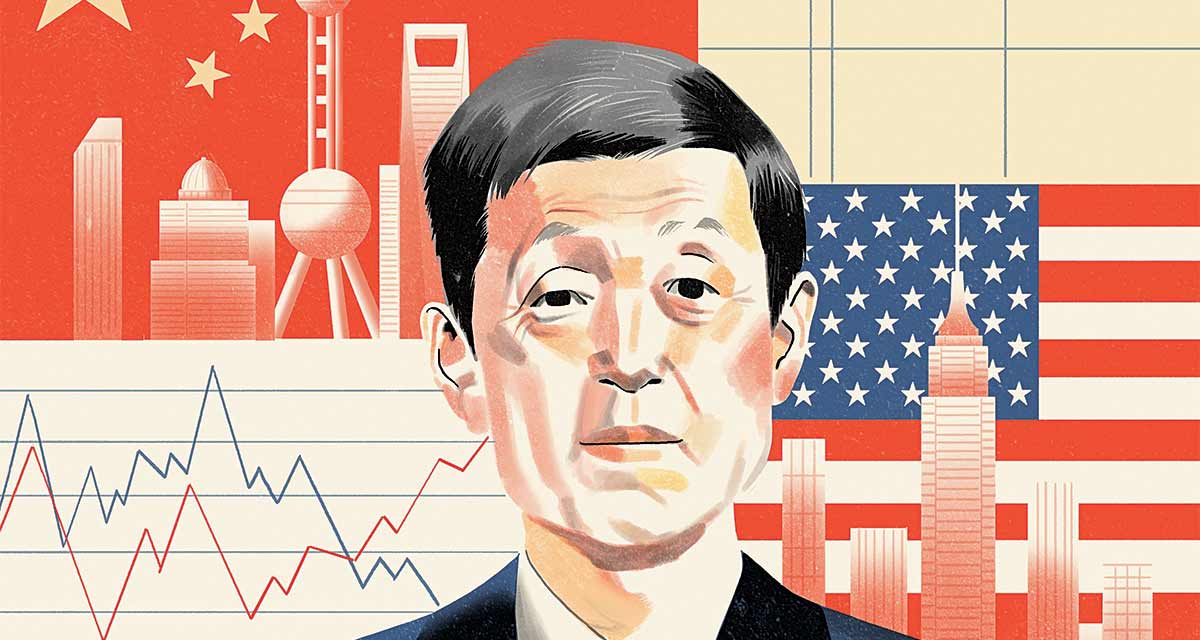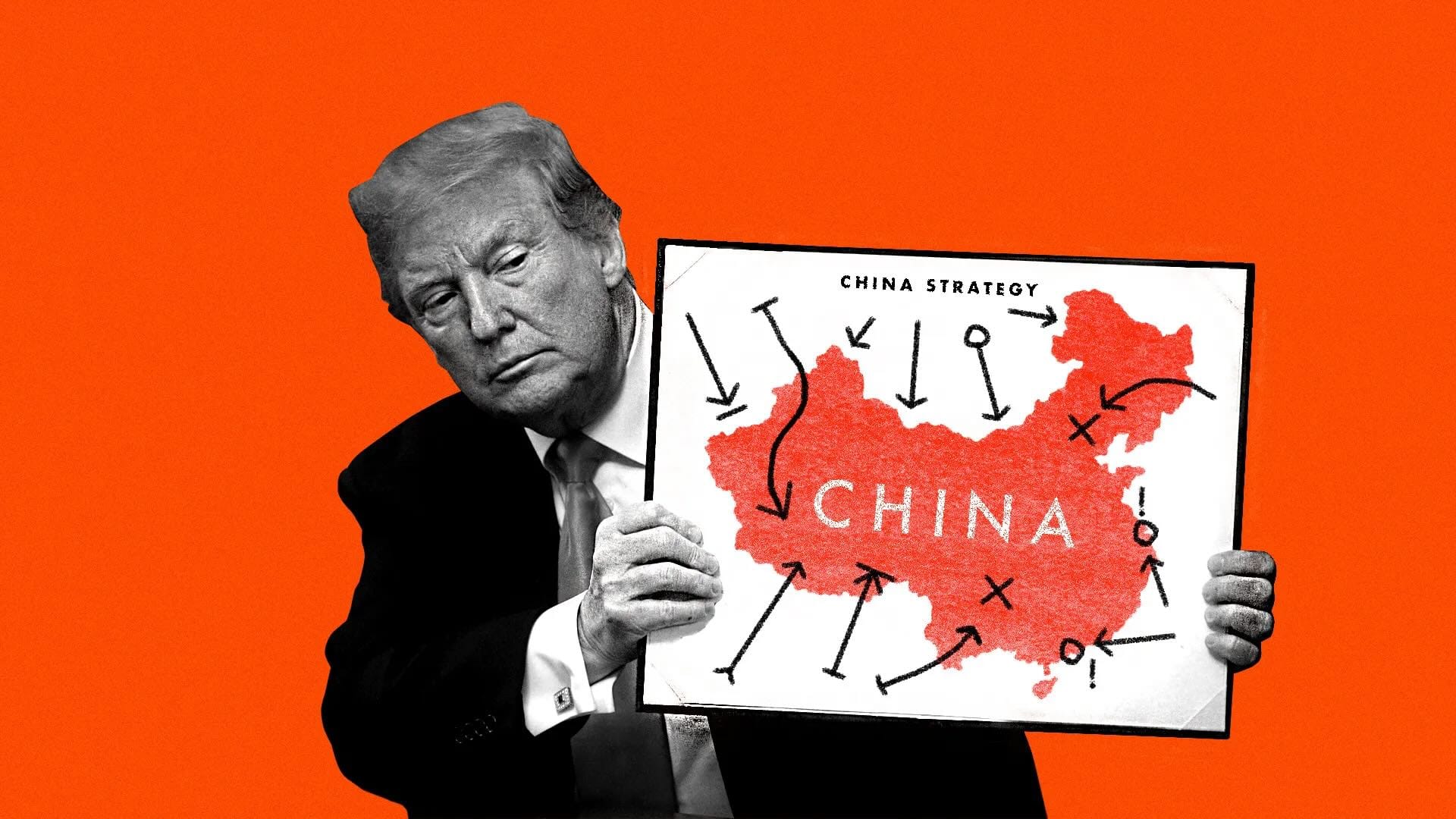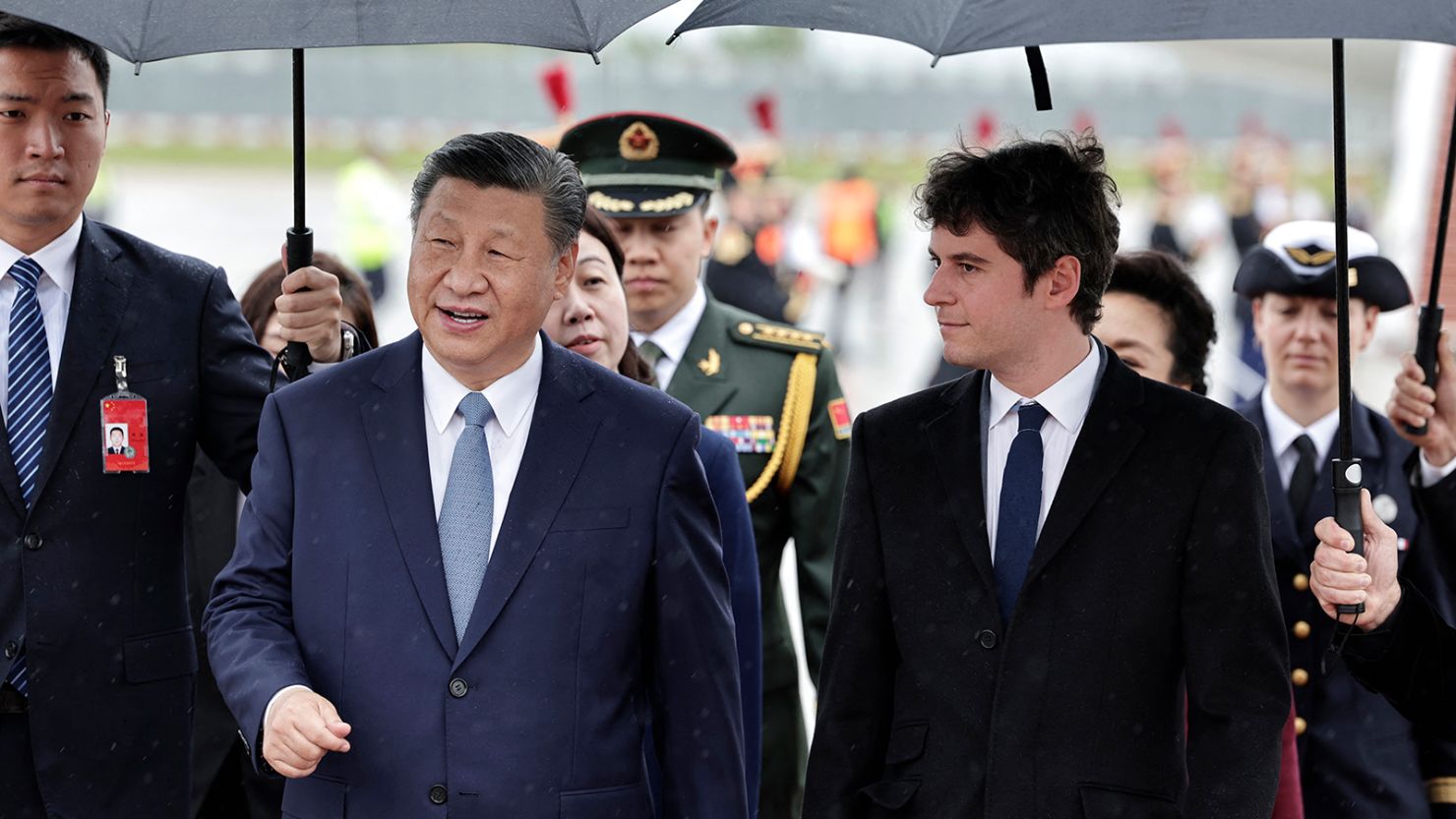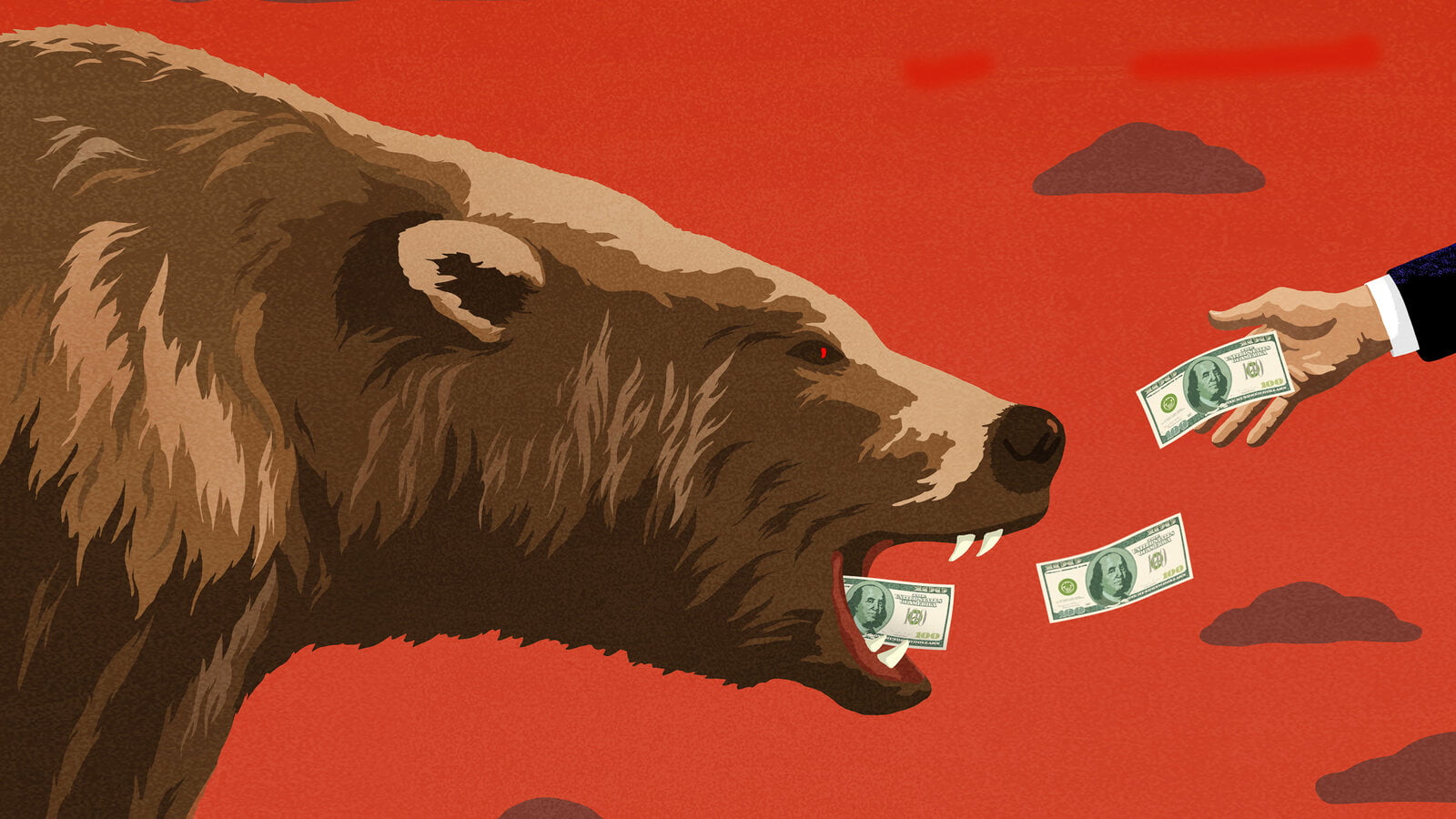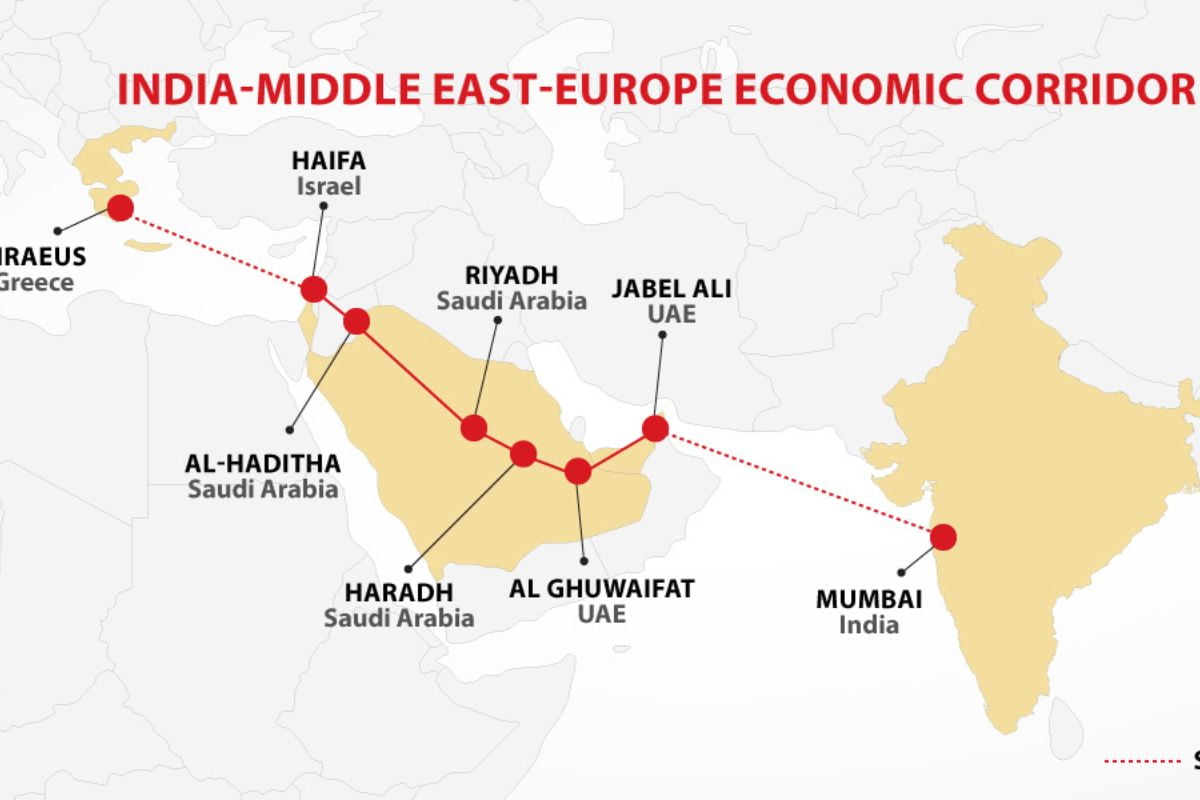On Wednesday leaders from the six western Balkan countries hoping to join the European Union meet their counterparts from the bloc’s member states. They will discuss the EU’s “growth plan”, which aims to absorb the countries into individual aspects of the union, such as its single market, before they become full members. The region’s accession process began in 2003 but has generally slowed. Bulgaria, already an EU member, is blocking North Macedonia; Serbia’s dispute with Kosovo, its former province, hampers the accession of both; and Bosnia’s Serb leadership is more interested in destroying Bosnia-Herzegovina as a state than joining the EU.
Tag: Economy
Post-Assad, Rebels Set to Represent Syria at the UN
On Tuesday, the UN Security Council publicly discusses Syria for the first time since the fall of Bashar al-Assad. Eyes will be on the Syrian delegation, appointed by the Assad government but thus far kept in post, and the old regime’s ally, Russia. The Kremlin’s diplomats are said to be co-operative; Russian media now call Hayat Tahrir al-Sham, the dominant rebel force, an “armed” rather than a ‘terrorist’ group. Nevertheless, America is wary of letting Russia use its veto power to shape the transition to its liking.
Gaza Starts to Feel Forgotten amid Syrian Crisis
Many Palestinians in Gaza cheered the scenes in Syria this week, as rebels overthrew Bashar al-Assad’s regime. Last month they watched the war in Lebanon end; now Syria’s 13-year civil war might be at a close too. But Israel’s war in Gaza drags on. At least 28 people were killed in Israeli strikes on Thursday, according to Palestinian medics.
A Nudge for Europe’s Economy
The European Union’s (EUs) economy is only about 1 percent bigger than it was a year ago. And inflation, at 2.3 percent in November, is close to the European Central Bank’s target of 2 percent. The prices of services across various member countries among EU have been rising by around 4 percent a year and there is sustained pressure from growing wages – the Netherlands, which has the most up-to-date figures, estimates these as rising at 6.5 percent.
Decoding the Economy of an Isolationist Country
Being one of the most isolated, secretive, dark and censored countries in the world, North Korea continues to baffle audiences and surpass trends of journalistic opportunity. It has one of the largest militaries in the world, a staggering domestic infrastructure and much speculation as to what goes on inside the closed-to-exhibition country. The citizens aren’t allowed to venture outside and no official economic data has been published since 1965, which is both scary and bold at the same time.
Social Capitalism: A Theoretical Commentary
Can “capitalism survive” and “socialism work” individually? These two hypotheses and discussions travel among economic debates around the world. Austrian Economist Joseph Schumpeter’s work in entrepreneurship and innovation signifies the deviation from traditional or conventional methods of economic activities, particularly in terms of trade and increased quality of life. This article draws attention towards the global thought of social capitalism; and enables enthusiasts in economic affairs and international relations to understand the theoretical overview of this distinctive concept.
How can China Respond to Trump’s New China Policy?
During his campaign, President-elect Donald Trump promised to impose 60% tariffs on Chinese goods and services coming to the United States. This time, Beijing seems already strategising to retaliate against the upcoming tariffs from the second Trump administration. Trump’s proposed tariffs on Chinese imports could disrupt China’s export-driven economic model, which has driven the country’s growth over the past few decades.
Xi’s European Tour: Global Power Shifts and India’s Challenge
In these changing times, where every nation is trying to recalibrate its position according to its interests and the shifting power balances President Xi Jinping’s visit to France, Hungary, and Serbia has garnered observers of international politics their inquisitive seats of analysis. This comes when multiple conflictual clashes are building around the globe. The more than two-year war in Ukraine, the result of which seems to be elusive to the site, the Israeli siege of Gaza and its spillover effects in the region and the covert build-up of tensions between Israel and Iran distorting the current power status quo.
Impact of Israel-Hamas and Russia-Ukraine Conflicts on Stock Markets
Geopolitical conflicts have the potential to impact global stock markets through various economic and financial channels. Disruptions to energy and commodity supplies, increased market volatility, and heightened economic uncertainty can all weigh on investor sentiment and stock prices. Additionally, the potential for these conflicts to escalate and draw in other regional or global powers could further exacerbate their impact on the financial markets.
Integrating Oman and Egypt into the India-Middle East-Europe Economic Corridor
As the Israel-Palestine conflict persists, the India-Middle East-Europe Economic Corridor (IMEC), announced in the backdrop of the G20 summit held in Delhi in September, 2023, remains a non-starter. The resolution of the Israel-Palestine conflict is nowhere in sight. As opposed to delaying the implementation of IMEC until the crisis is resolved, the participating nations could look at additional routes that would connect India to Europe bypassing Israel. One such route can connect India to Europe via Oman, Saudi Arabia and Egypt, while the rest of the Gulf Cooperation Council countries can be connected to the corridor via branch routes.
